The global PlayStation family is celebrating a very special birthday this September. On 29 September, 1995, the original PlayStation console launched across Europe with games likes Ridge Racer and WipEout.
That’s 15 years of amazing games, new consoles, E3 bombshells, midnight launches, all-nighters, achy thumbs, annoyed girlfriends, rage quitting, wiping discs with sleeves, converting friends, swearing at enemies, eyes clenched with concentration and the satisfaction of finally seeing the end credits.
To mark the occasion, I emailed the people that have been working here at SCEE since the very beginning and asked for their favourite memories; here are my 15 favourites. I’m also aware that many of loyal readers will also have been with us from the very beginning, so please add to this piece by sharing your fondest memories in the comments.
Ray Maguire, Senior Vice President and Managing Director, SCE UK
So much has changed over the last 15 years. My daughter was one when we launched the PlayStation and now she’s studying for her A-levels and has a boyfriend. There were no social networks; no High Definition and people watched TV as the primary source of entertainment.
Not only was the original PlayStation console new, so was the company. Although most of us came from the games industry, Sony had no credentials in video games and the pundits thought we would fail. As a start up, we had the chance to ‘do it another way’.
The early years were about establishing PlayStation as a brand and although the business today is very different, it’s as much fun and as rewarding as it ever was.
Dave Parkinson, Director of First Party QA, SCEE
The original PlayStation was just under 12 months away from European release when I joined the company and it was clear to everyone, even then, that this machine was going to change the gaming landscape with arcade quality gameplay, coupled with an exceptional line up of launch titles.
PlayStation became a household name soon after, which made you feel proud to be a part of that organisation going through such tremendous growth.
Paul Holman, Vice President of Research & Development, SCEE
Back in 1995, a typical console game could be made in 12 to 28 months by a few dozen people at most. We communicated with them via a cutting-edge BBS Bulletin Board System, which was basically a 486-based PC with a number of modem cards next to my desk. The CD was a new and expensive novelty that we kept in fridges during the ramp up to the original PlayStation’s launch.
Flip forward to 2010 and games need Blu-ray Discs to hold all their content, while teams range from 70 to 100 people, to a tiny crew working on a PSN game.
Steve O’Neill, Graphic Designer, SCEE
I began working for PlayStation in the summer of 1995, just before the launch of the first PlayStation. At that time, marketing operated out of a small office in 13 Great Marlborough Street. We were all squashed in together – 2 designers, a copywriter, a couple of product managers and several others. It’s amazing to look back and think how few people there were in the company at the launch of PlayStation.
We knew we were at the cutting-edge and that what we were working towards would change the face of the games industry and keep on changing it. At the end of the week, Chris Deering, our then Vice President, would take us all down to the pub. For most of us, it was a completely new experience, and that made it fun because it felt more like an adventure than a job.
Something inevitably gets lost when a company grows to our size. Despite that, I still feel as proud to say I work for Sony PlayStation today as I did back in 1995.
Mark Pittam, Head of Network Platform Format QA, SCEE
Back in 1995, we thought that Ridge Racer and Jumping Flash were outstanding 3D titles, and then Final Fantasy VII and PaRappa the Rapper come along and change all that. PaRappa the Rapper created a new genre overnight and look where we are now – we have titles such as Rock Band, SingStar and Guitar Hero.
Nadim Othman, Director of Creative Services, SCEE
I won’t ever forget the first zombie appearing in the first Resident Evil. A group of us playing it in the office after work one evening and we went into a state of near hysteria. It was a fantastic moment.
Mark Pittam
A great memory is going to Japan in 2001 to collect an award on behalf of SCEE Format QA, and then being taken on a tour of the fabrication plant that was manufacturing the PS2 chips. And, of course, being photographed accepting the award from Ken Kutaragi.
Nadim Othman
I’d say that the most unexpected experience was watching some of our senior management performing as the Spice Girls at a company conference in Greece. One of them (nameless) was dressed as Baby Spice, wearing a nappy! I really didn’t expect that!
Patrick Inskip, Senior Vice President of Operations, SCEE
Logistically, the launch of PlayStation 2 was one of the biggest challenges I’ve faced. There were no consoles in Europe until 10 days before launch, when the first of 21 Russian Antonov air freighters landed with 20,000 units on a high security, bitterly cold air field in Maastricht.
Mike Haigh, Senior Director, London Studio
Around eight or nine years ago I was given the opportunity to work with Rick Marks and a small, talented team on a product on the development of a camera peripheral.
Initially, we thought it would be no more than a quirky one-off; more than 19 games later, EyeToy has become synonymous with the growth of social gaming.
Dave Parkinson
The industry has changed radically, in many ways, since I joined the organisation in 1994, but it’s still an entertainment industry with many of the same core values. I think the corporate aspect of the industry has matured significantly over this period as it has increasingly become more credible and integrated into popular culture.
The transition from single player to massively multiplayer networked games and, more recently, the advent of social networking and community development has been interesting to witness as an insider. The broadening demographic of our consumers has been profound and the emergence of social/casual games is a hugely positive trend that is certain to continue.
Mark Pittam
Prior to PlayStation 2 going online, I was helping run a small online project that consisted of a Net Yaroze and a set-top box called an Electron Micro Operating System. This small project involved simple e-mail, games and Internet Chat [IRC] all based round a web interface run by the set-top box. We didn’t know at the time that this was the beginning of something so much bigger.
The advent of Online Gaming for PlayStation is something I am very proud to be a part of. The first online PlayStation 2 game we tested was Tony Hawk’s Pro Skater 4. I’d hate to admit it but this title caught us with our pants down. We simply were not set up for online gaming. After running around like headless chickens we managed to test the game and a new department was created to test all future online titles.
Nadim Othman
Networked products, and what they mean to consumers and the business, have been a standout change. There is also a much larger female audience now and more products aimed at them.
In terms of creativity, we work across more products and services than we ever have – it’s great to be involved in such varied work.
Mike Haigh
The biggest change I’ve seen in my time is the size of the teams. The first product I worked on was developed by 3 people – I was the art and design team! But also the rate of adoption in gaming in recent years and the importance of PlayStation in the mass market phenomenon have been incredible.
Dave Parkinson
15 years from now? I’m sure PlayStation as a brand will still exist but perhaps not in ways we’re currently accustomed to. Human interfaces, cloud computing, enhanced 3D, virtual reality and holographic gaming experiences across networks are all possible in this timeframe. Will PlayStation 5 even be a physical device?
As long as PlayStation continues to innovate and deliver experiences that adapt to changing market conditions and needs, then I think we can look forward to the next 15 years with optimism.
If you want to continue with the nostalgia, check out this timeline of PlayStation releases and this feature on the innovations of the last 15 years at eu.playstation.com.




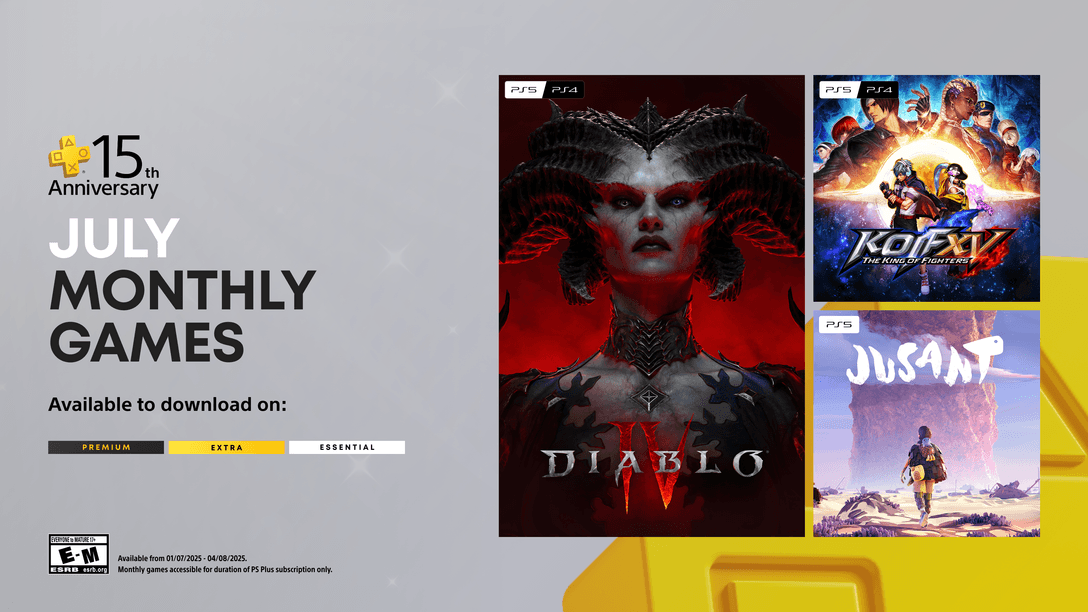
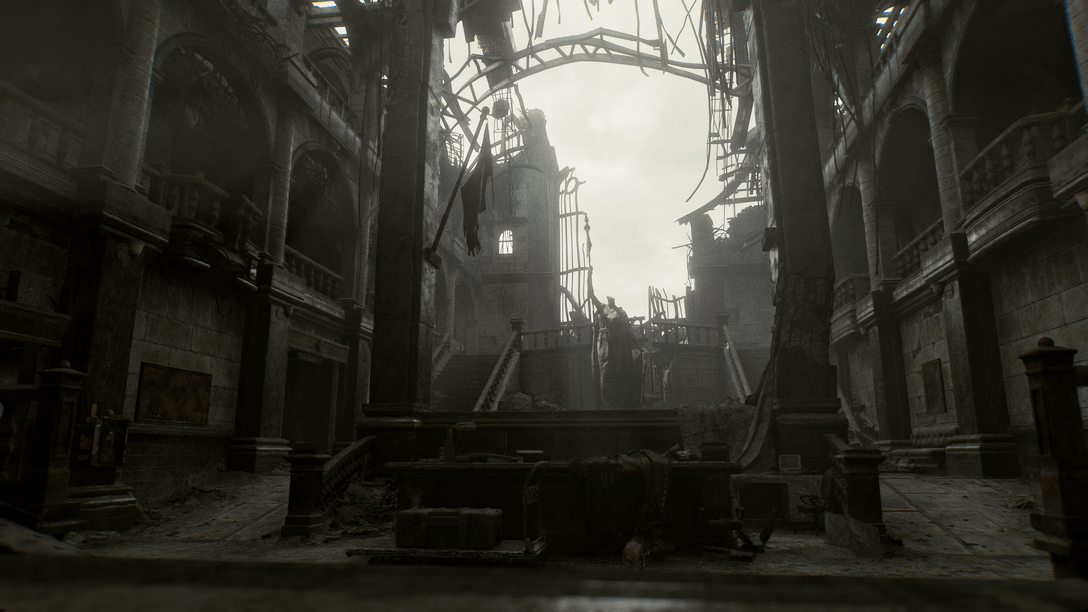
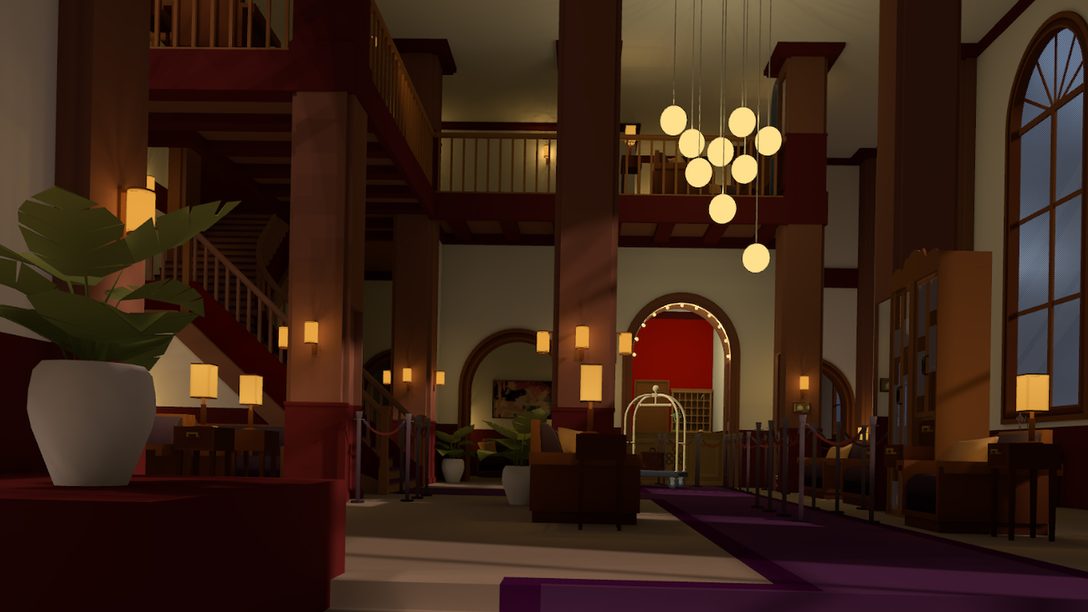
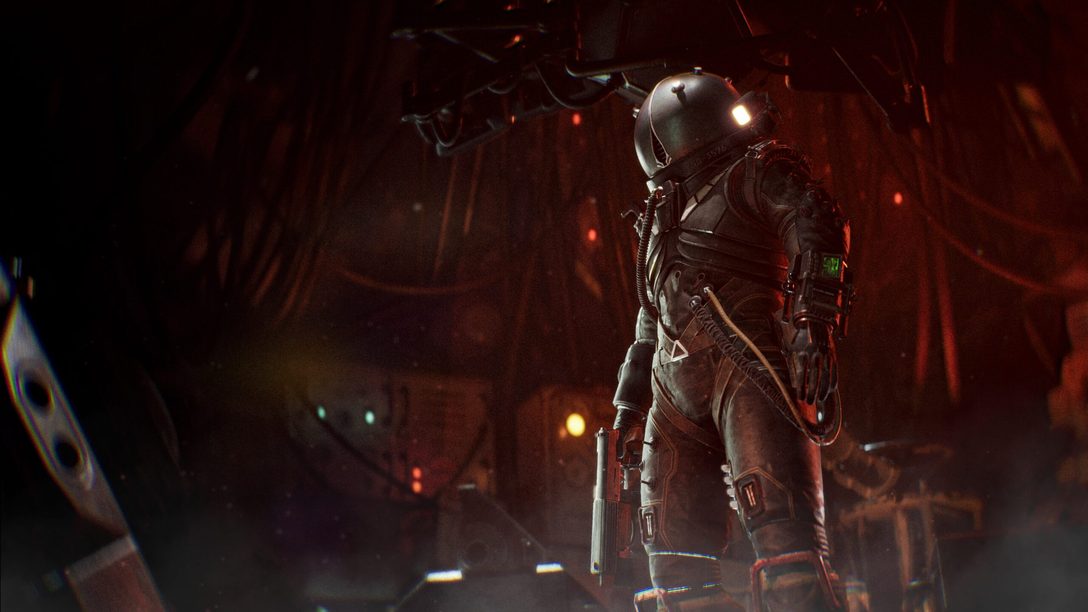
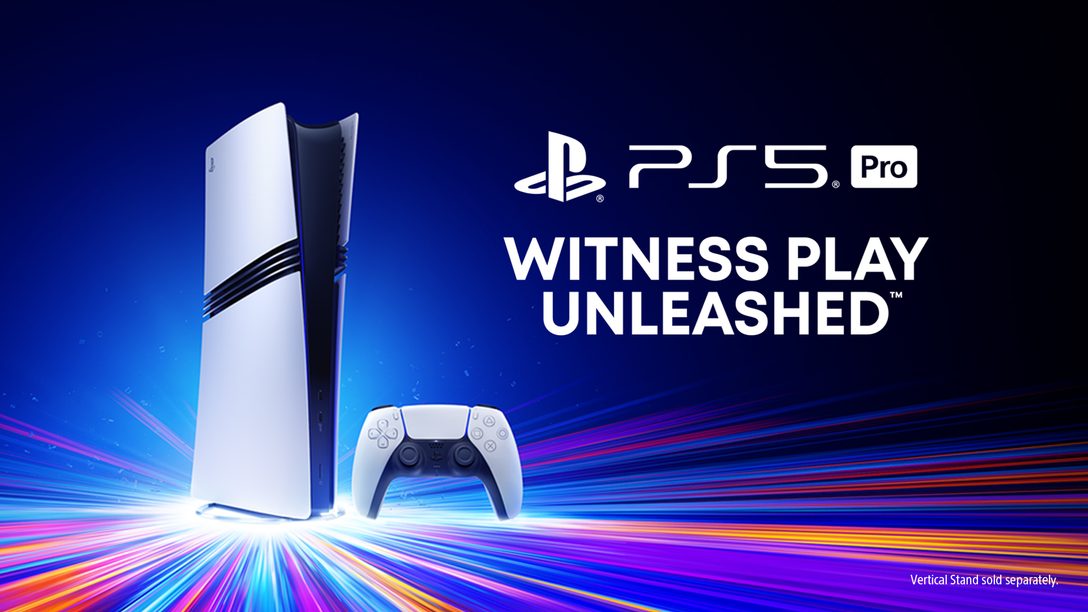
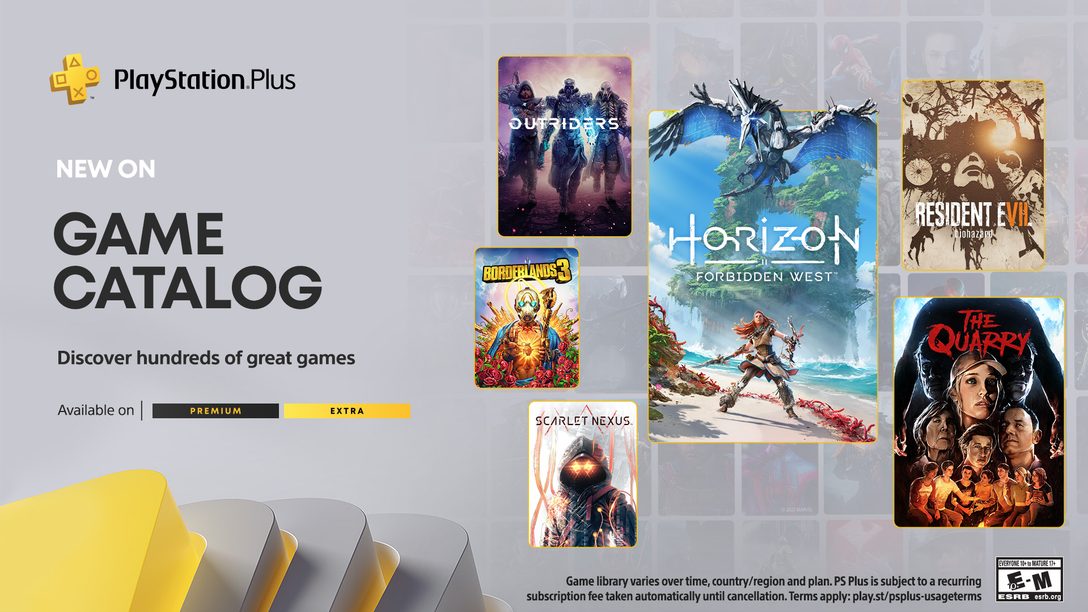

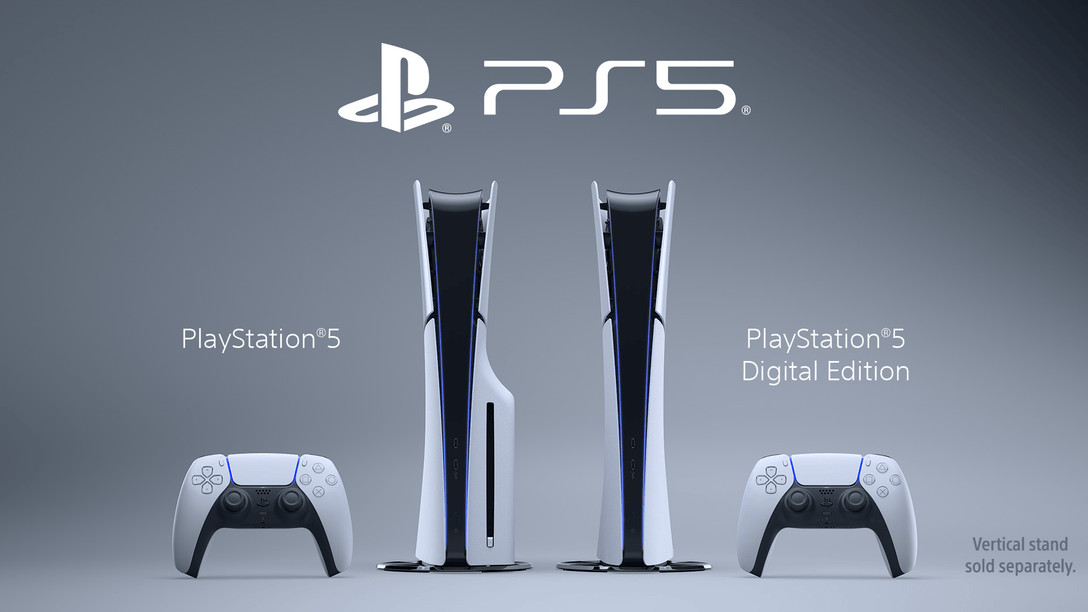
Join the Conversation
Add a CommentBut don't be a jerk!
98 Comments
Loading More Comments